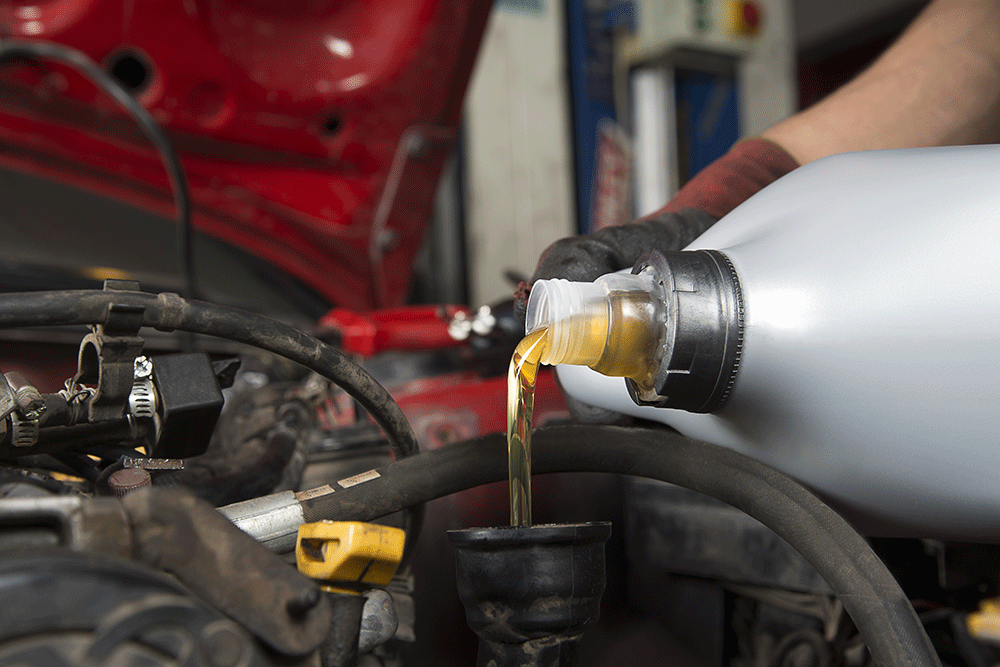To help keep your vehicle in the best condition possible, you will want to have it maintained. This is important because we can check for all the parts and components to ensure they are working correctly. If there is an issue, we can advise you on the best way to repair it. Along with checking the parts, we will inspect the fluid levels in your vehicle and top off them as needed. This also includes the antifreeze. The levels should be at the line indicated on each reservoir. If one fluid goes down more often than the rest, it could mean there is a leak somewhere. Make sure to bring the vehicle in, and we can inspect it for you.
The Importance of Antifreeze
Antifreeze is most often a mixture of half glycol and half water. The glycol is what helps the fluid from freezing in harsh winter conditions. In the summer moths, the glycol also helps the antifreeze fluid from reaching a boiling point. It will help keep the engine temperatures constant under all driving conditions and climate extremes. Antifreeze is better than water because the water will actually transfer heat more efficiently than antifreeze. The antifreeze will include additional additives that prevent rust and corrosion in the radiator, engine, and heater of the vehicle.
What is In Antifreeze?
The main ingredient in antifreeze has been Ethylene glycol. The problem with Ethylene glycol is that it is a toxic material. Ethylene glycol has also become famous because of its sweet smell and taste, which makes it appealing to animals and children. In part because of the issues associated with Ethylene glycol, antifreeze manufacturers started using Propylene glycol as an alternative in antifreeze formulas. Propylene glycol produces a similar antifreeze performance as Ethylene glycol does, but it is not as toxic. Both glycol’s, however, tend to pick up heavy metals during the everyday antifreeze use in cars. Thus, it is important to dispose of used antifreeze according to regulations and rules.
Making Sure Car Antifreeze is Ready for Winter
Before winter weather arrives, it is important to check the levels of antifreeze in your car engine. Checking antifreeze is something that should only have to be done a couple of times a year to make sure there are no leaks in the system. Antifreeze, however, only needs to be changed every two or three years, according to the antifreeze manufacturers recommendations. If the antifreeze is consistently low and needing to be refilled, it means that there is a leak in the system. It is important to have this problem checked or check it yourself. Low or no antifreeze in the system will cause the vehicle to over heat or it could cause damage to your car. The antifreeze should also be in good condition. It should look clear and be pale yellowish-green in color. Long-life antifreeze should appear pale orange in color. No matter the color, the key is that the antifreeze is not dirty looking and that flecks of rust are not floating around in it. Fresh antifreeze in the system helps to ensure that the vehicle engine does not suffer damage. This can help improve the life of the engine when you need to drive it.




